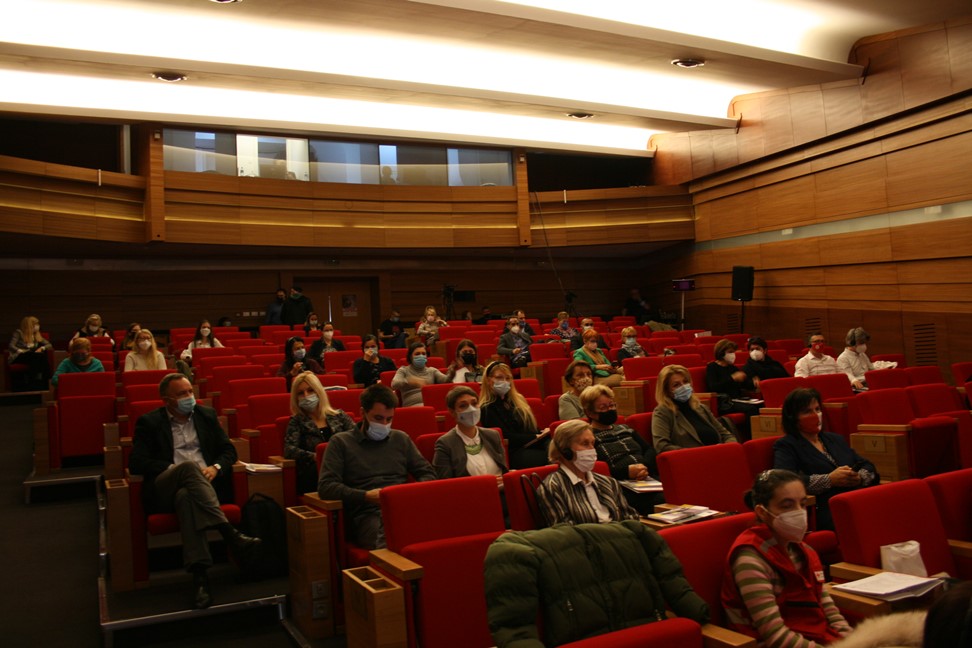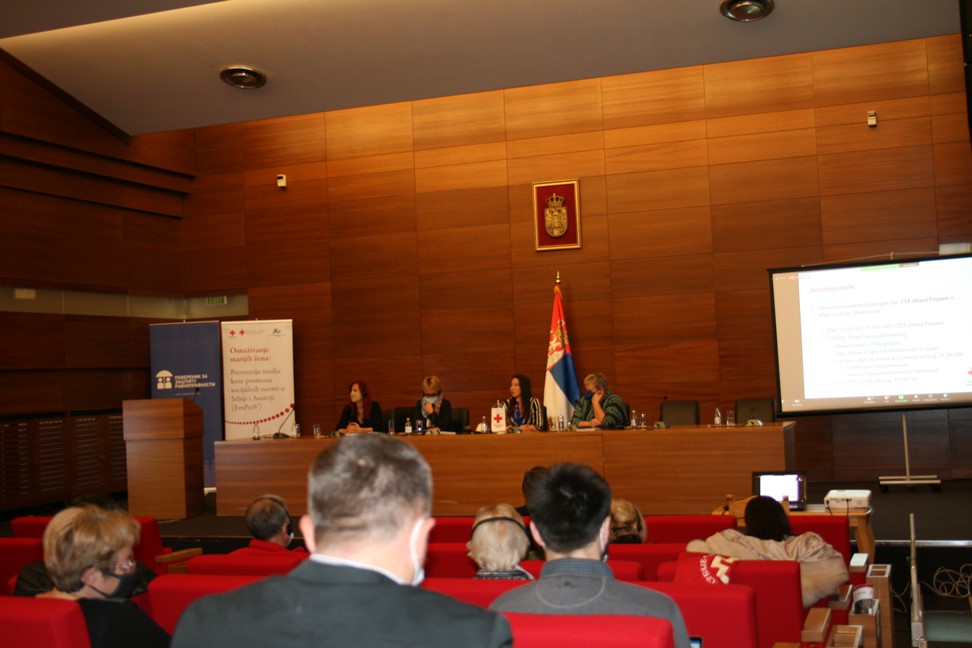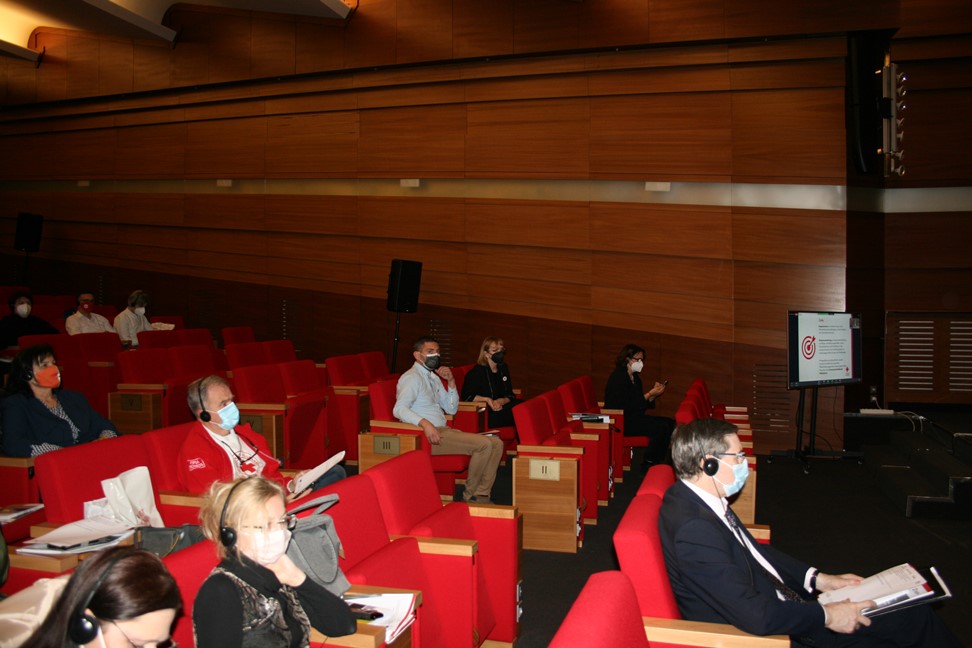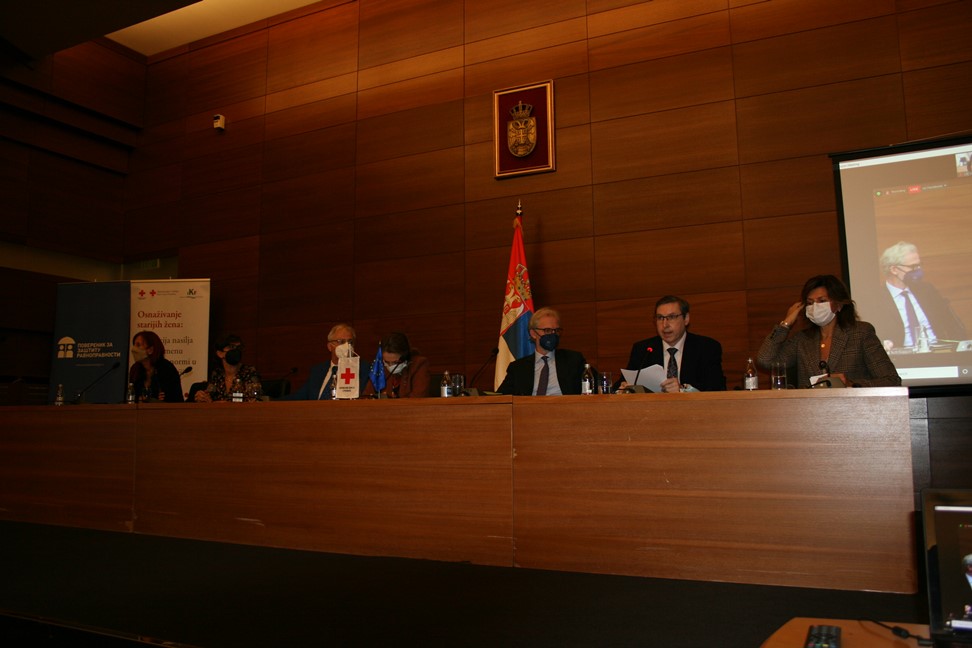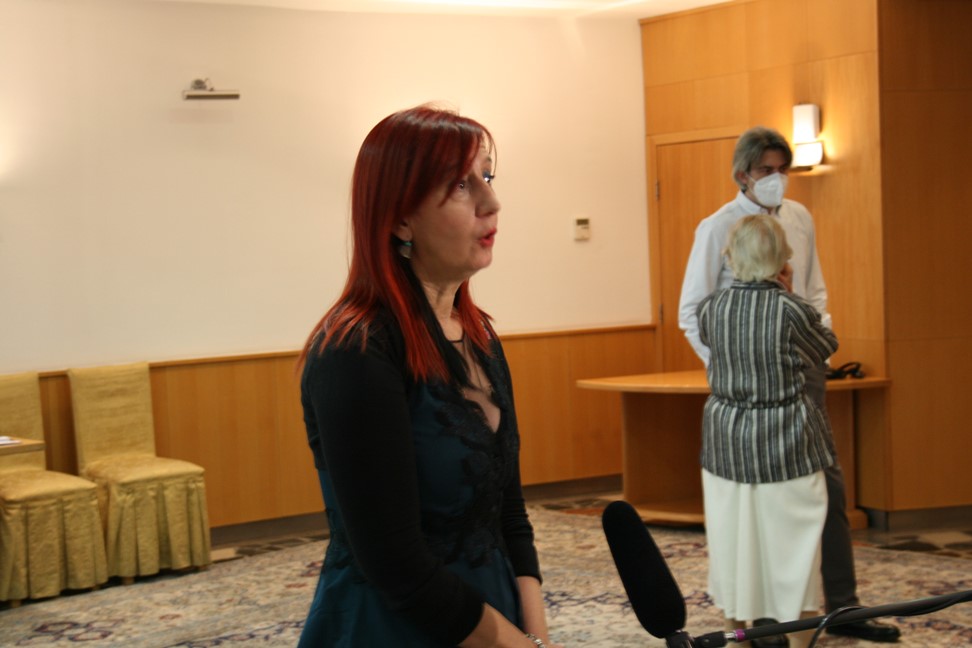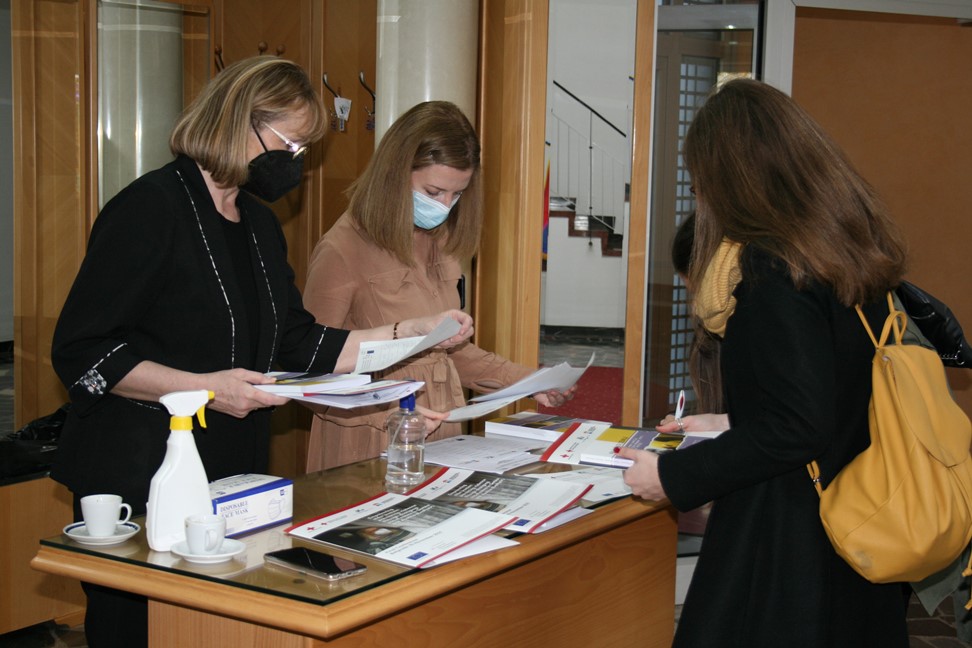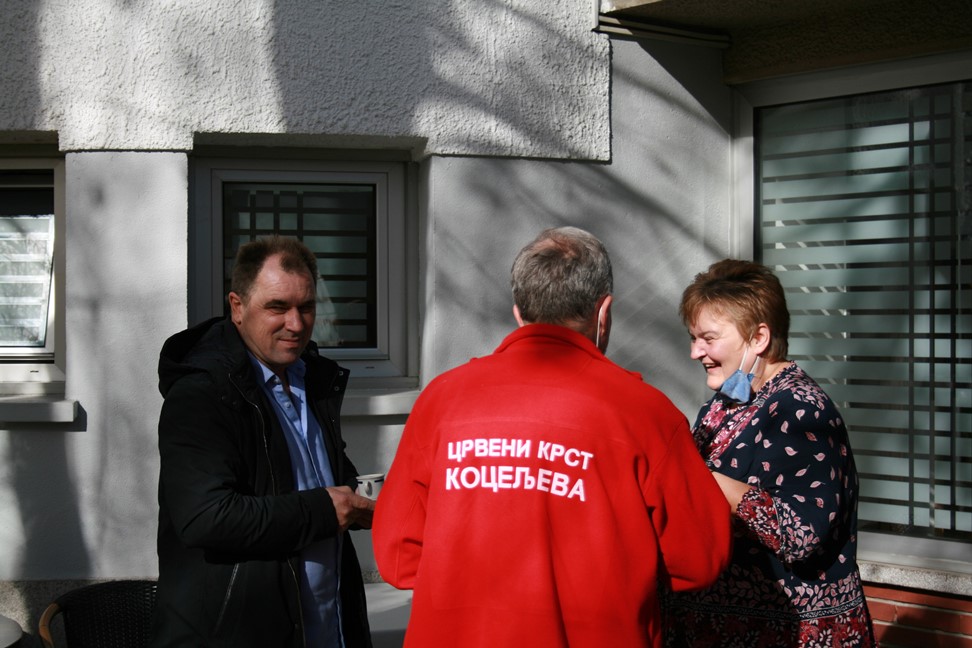- news
- final conference of the "empowering older women: preventing violence through challenging social norms in serbia and austria (emprev)" project
Final Conference of the "Empowering older women: preventing violence through challenging social norms in Serbia and Austria (EmPreV)" project
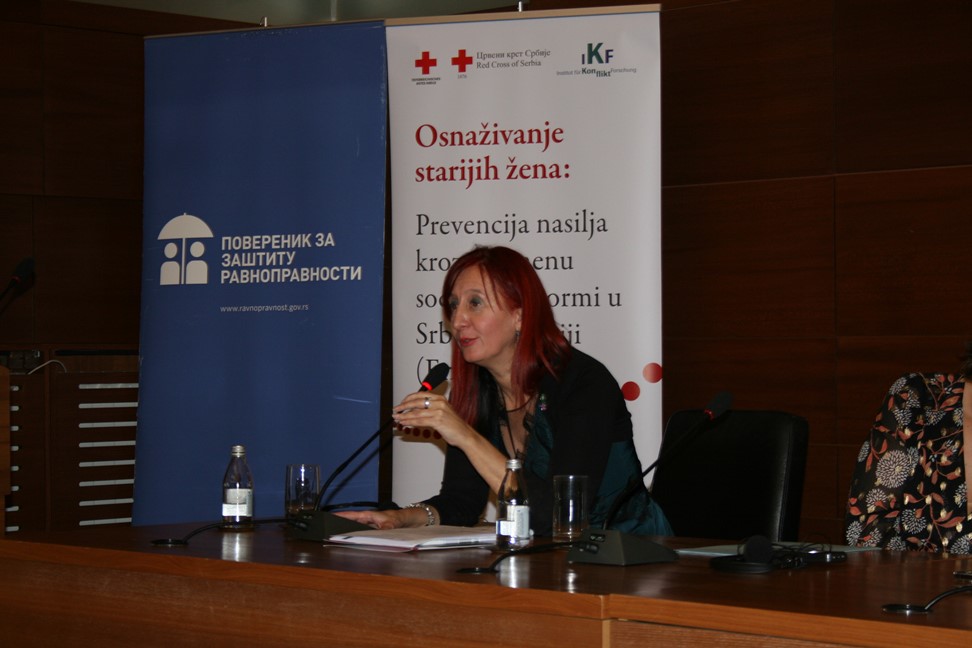
The conference of the project "Empowering older women: preventing violence through challenging social norms in Serbia and Austria (EmPreV)" was organized on November 10, 2021 in the Club of Parliament Members in Belgrade. This international event was of a hybrid character and included the participation of panelists from different countries, but also from different spheres of work on prevention of violence against older women. Representatives of the public sector, academia, civil sector, independent regulatory institutions all participated.
The conference was organized as the final event in the project that the Red Cross of Serbia has been implementing since 2019 in partnership with the Austrian Red Cross and the Austrian Institute for Conflict Research, with the support of the European Union and the Austrian Development Agency. It presented the achievements in the work of this two-year project, which was implemented in parallel in Serbia and Austria through the joint work of partners and in cooperation with the public sector and civil society organizations. The Red Cross of Serbia organized this final event, in partnership with the Commissioner for Protection of Equality. Nataša Todorović, an expert associate of the Red Cross of Serbia and expert on prevention of violence against older persons, led the conference and gave the context of the project within which significant cooperation was achieved between the two countries, but also the civil, public and research sectors.
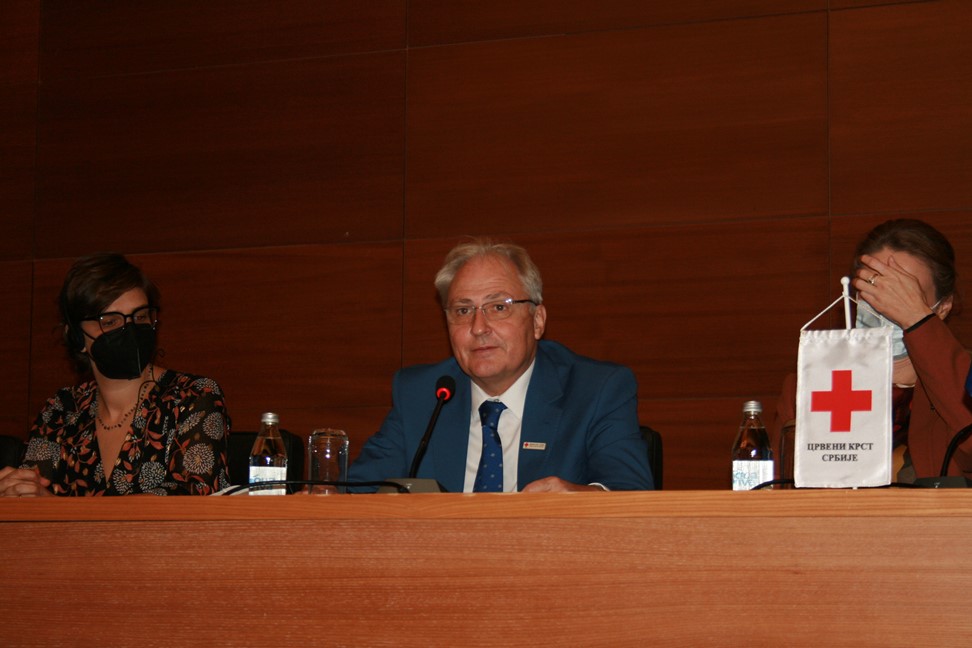
Within the opening session prof. Dr Dragan Radovanović, President of the Red Cross of Serbia, pointed out that violence against older women is a special form of gender-based violence and a public health problem that affects the quality of life of older women and their physical and mental health. In a large number of cases, violence against older women is an extension of the violence that women suffer during earlier stages of life, so older age only adds a new basis on which they are discriminated against, which leads to violence.
Martina Schloffer, Head of operations and international cooperation of the Austrian Red Cross, pointed out that research on prevalence of violence against older women in Austria showed that every fourth (23.8%) older woman had experienced some form of domestic violence and abuse in the past year. More than half of these victims in Austria did not report abuse.
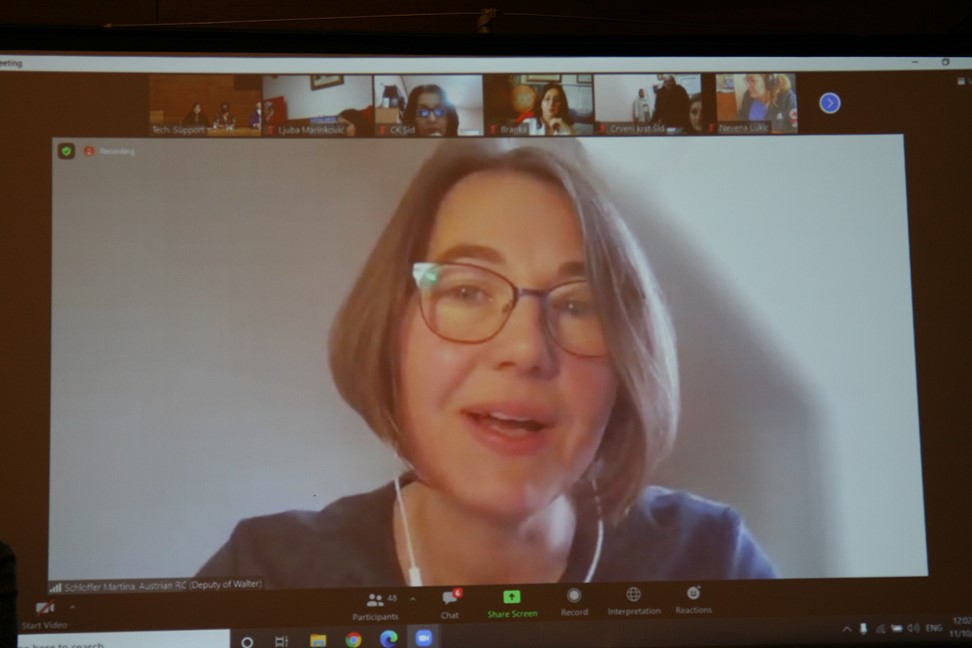
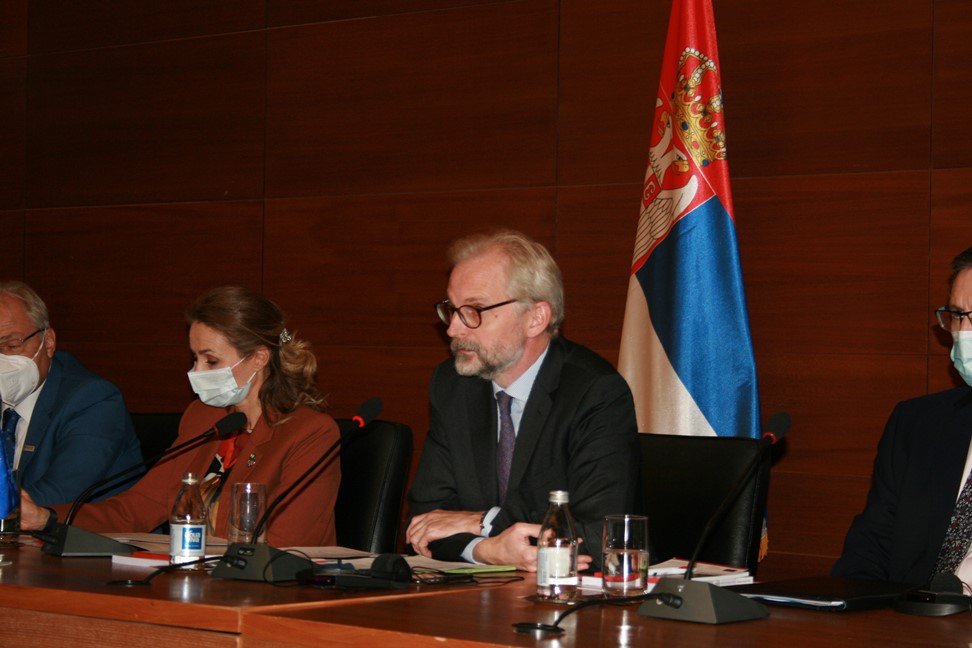
H.E. Nikolaus Lutterotti, Ambassador of Austria in Belgrade, emphasized the importance of such projects which strengthen the awareness of older women themselves.
Leonetta Pajer, Head of Operations of the European Union Delegation in Belgrade, also spoke about the protection of women, including older women from gender-based violence, and the legal framework in the European Union that protects older women from violence.
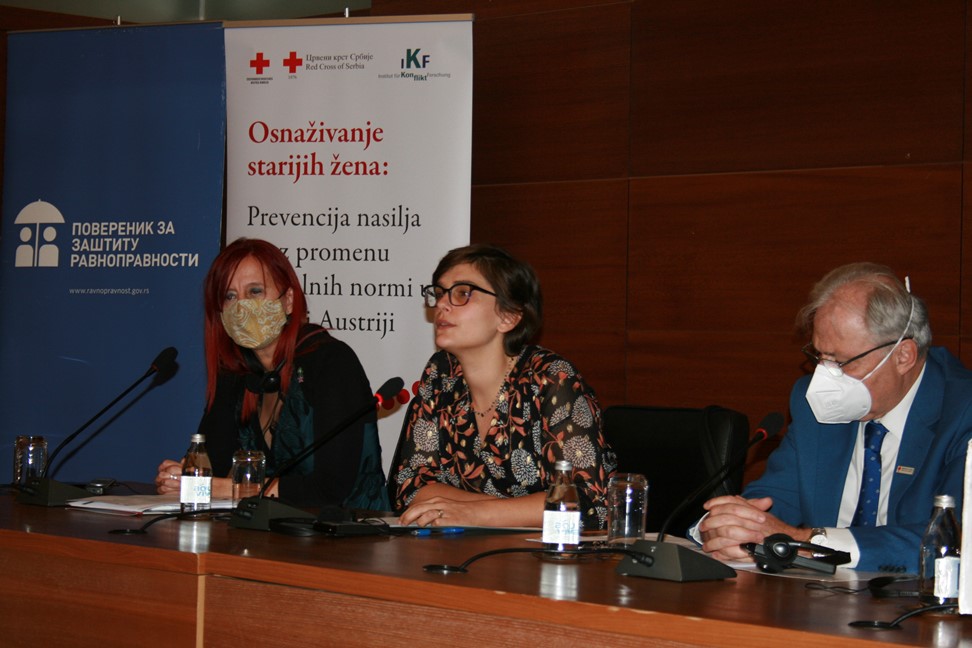
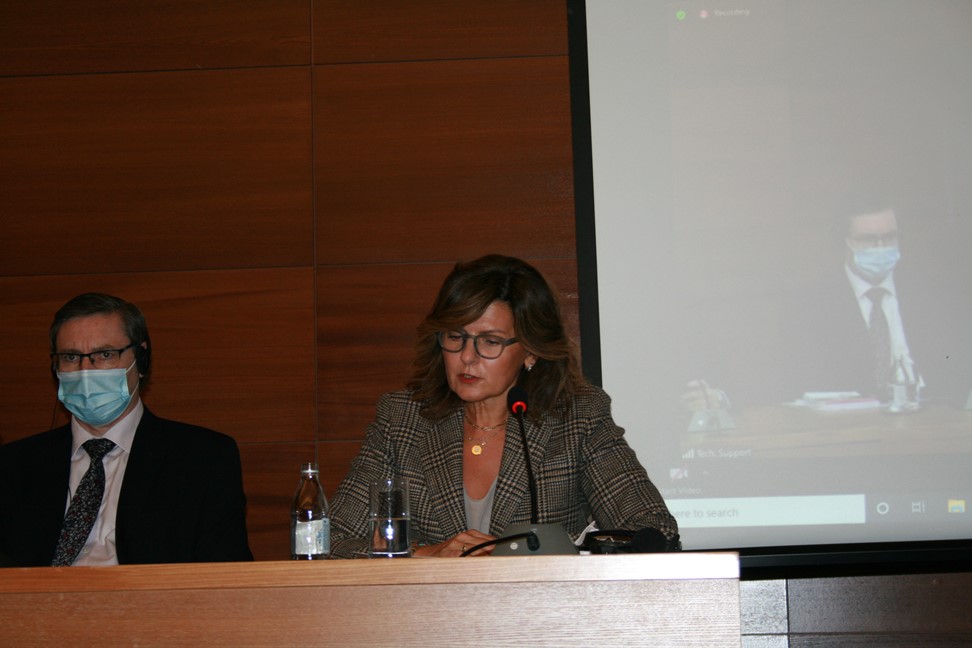
Borka Jeremić, Head of the UNFPA office in Belgrade, announced that this project led to the expansion of quantitative research and data for Serbia with data on violence against older women in the Western Balkans, plus Moldova and Ukraine.
Brankica Janković, Commissioner for protection of equality, said that it was good that Serbia had made significant improvements in its legislative framework and thus provided a more comprehensive and efficient system for responding to violence. Such activities have led to the fact that today we have an increase in the number of reported cases of violence, which shows that we have overcome the first step in the fight against violence – being ashamed to report it. However, when we talk about older women, the goal is still far away, because we are talking about the generation of women who are used to suffering and being silent – because of fear, shame, economic dependence.
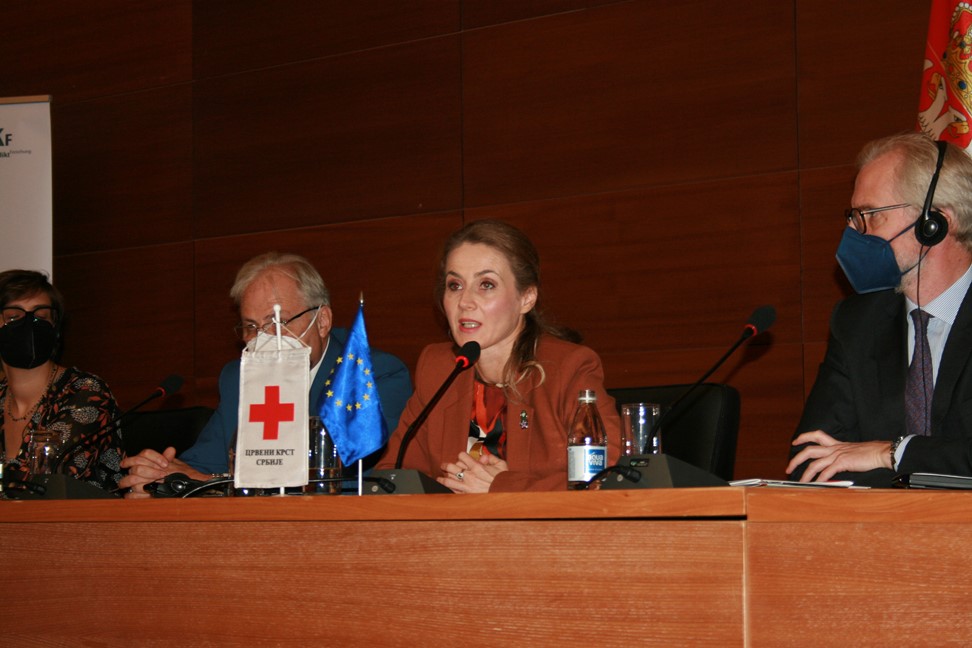
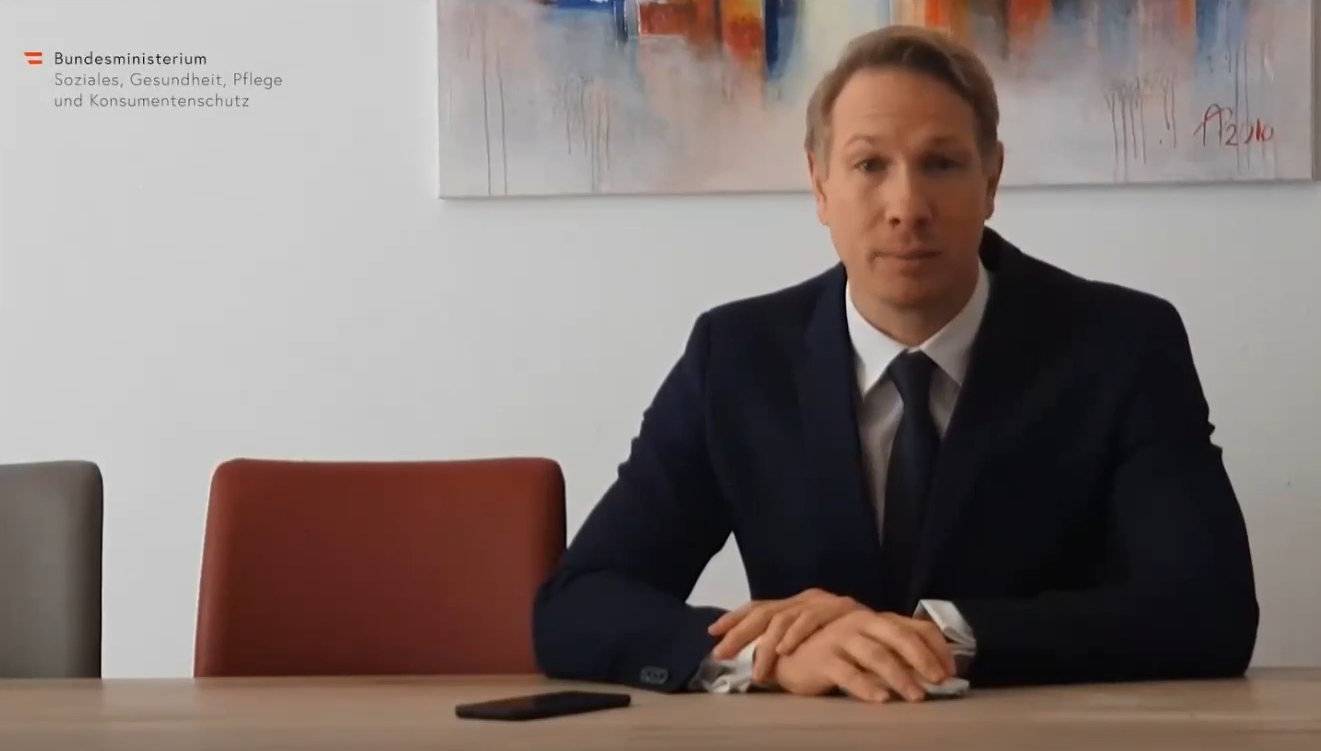
Christoph Angster, National Aging Focal Point of the Austrian Federal Ministry of Labour, Social Policy, Health and Consumer Protection, in his video statement spoke about Austria's engagement in protecting the human rights of older persons and the importance of involving both states and civil society in the Open-Ended Working Group for Ageing in order to ensure dignified aging.
Kay Patterson, Commissioner for Age Discrimination of the Australian Commission on Human Rights, emphasized the importance of global cooperation, because, quoting an African proverb: it takes a whole village to raise a child, and protecting older persons from violence takes an entire community, while citing this conference as a good example.
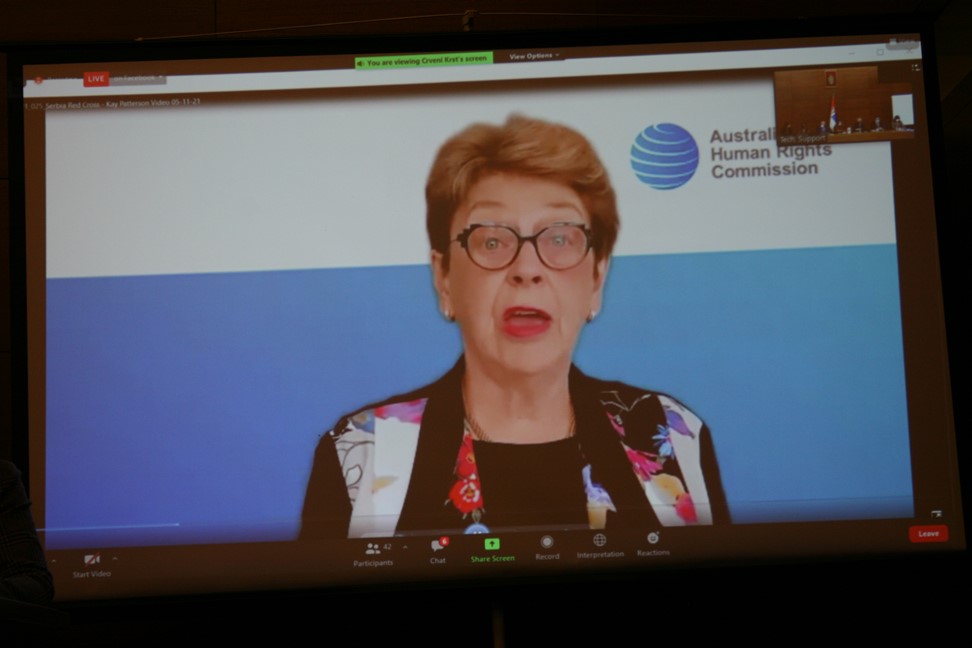
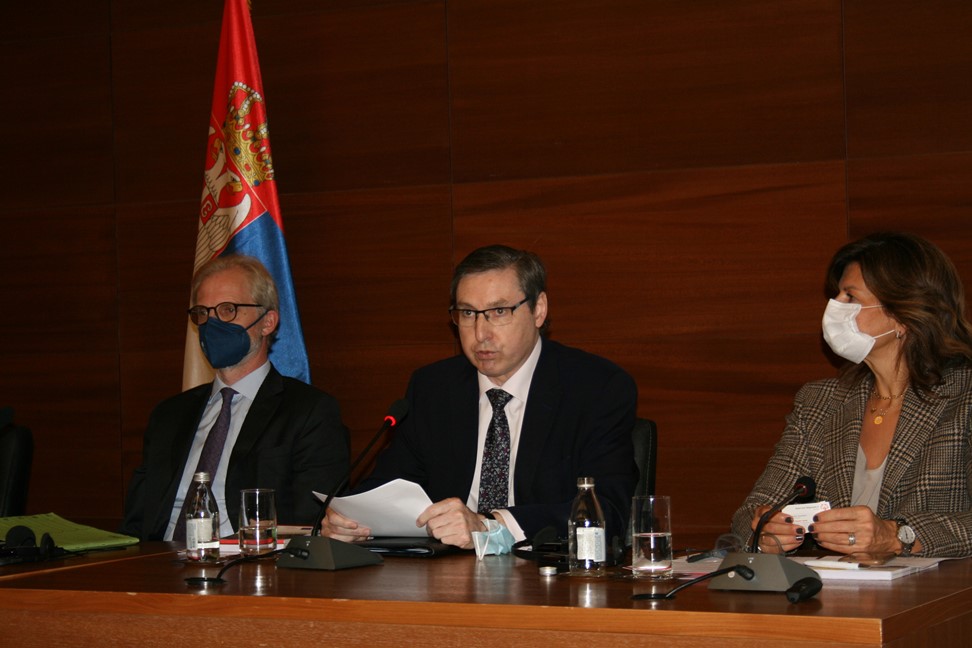
H.E. Daniel Emery, the Ambassador of Australia in Belgrade, also pointed out that violence against older women is a consequence of discrimination, a violation of human rights, and that we should pay special attention to the increase in prevalence of violence during the COVID-19 pandemic. It is extremely important to point out that thanks to the Commission for Human Rights of Australia and the Australian Embassy in Belgrade, the film "Open Your Eyes" was dubbed into Serbian and shown in 22 post offices throughout Serbia.
In the second part of the conference, a panel was held where representatives of institutions spoke about the phenomenon of violence against older persons, as well as various forms of cooperation with the Red Cross of Serbia during the implementation of the project. Biljana Zekavica, Assistant Minister, Ministry of Labour, Employment, Veteran and Social Affairs, participated in this panel, emphasizing the importance of cooperation in this project, which enabled 209 gerontocarers to be educated on recognizing violence against older persons and that this kind of cooperation will continue in the future.
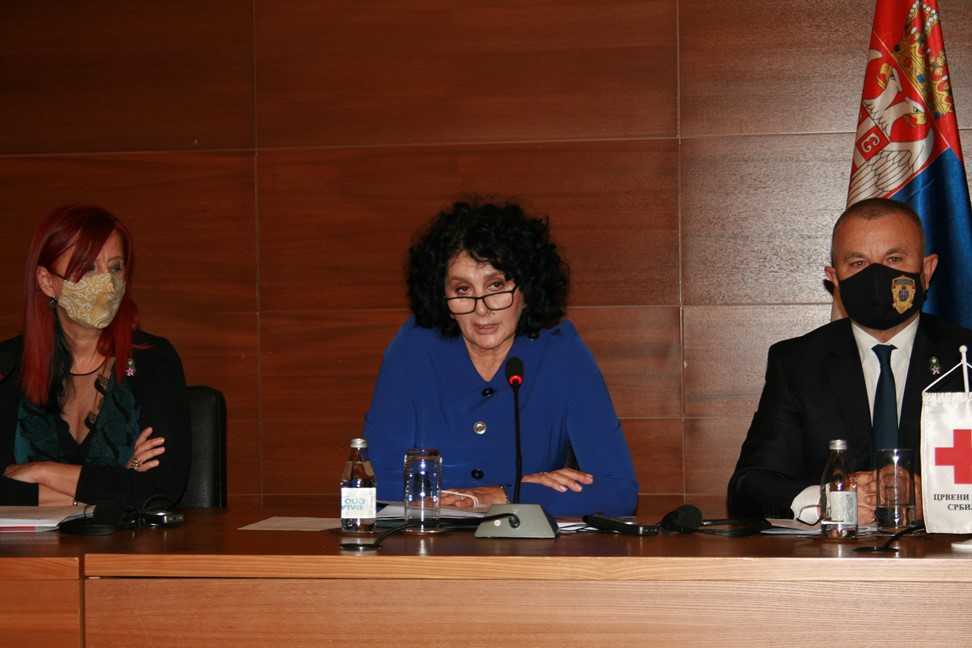
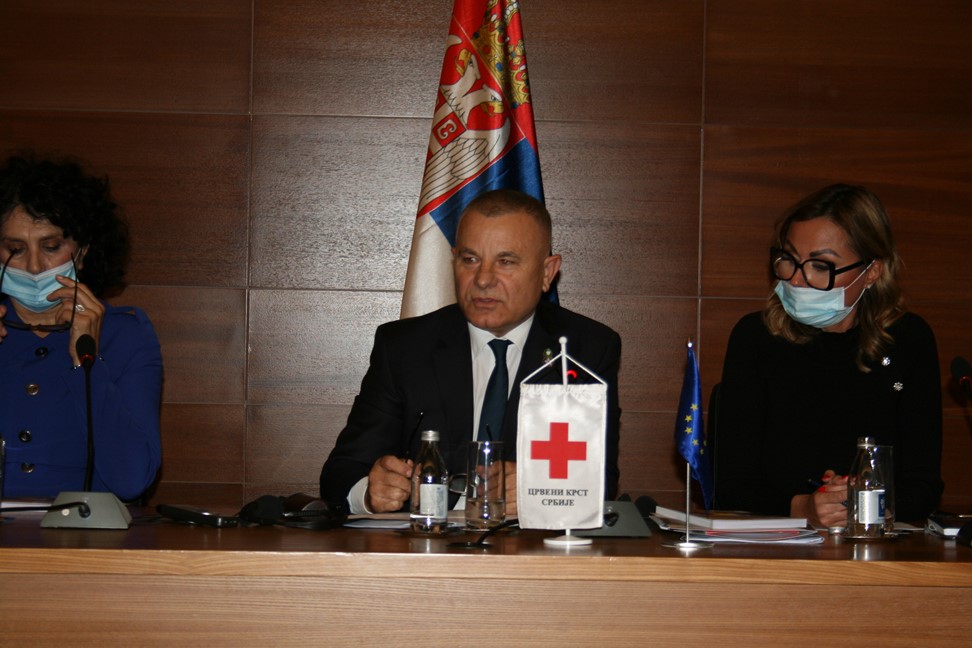
Milisav Miličković, State Secretary of the Ministry of the Interior, pointed out that the Ministry of the Interior participated in all project activities from the very beginning and that all project products (film, brochures, leaflets and posters) were forwarded to all police departments to prevent violence against older women.
Nina Mitić, Assistant Minister for Human and Minority Rights and Social Dialogue, emphasized the importance of such projects, because only through these educational activities and campaigns can we influence the change of social norms.
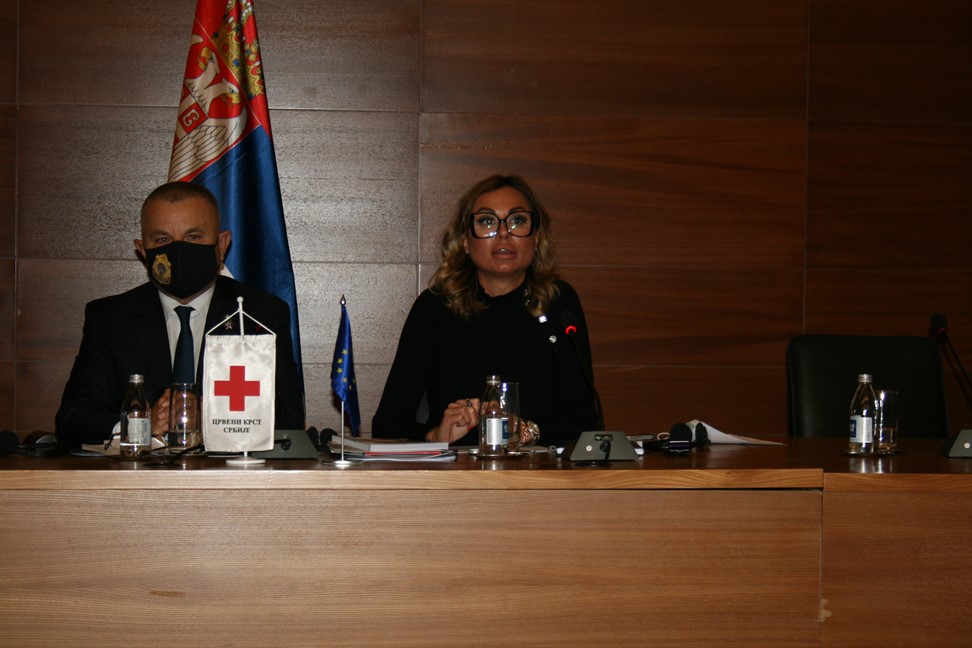
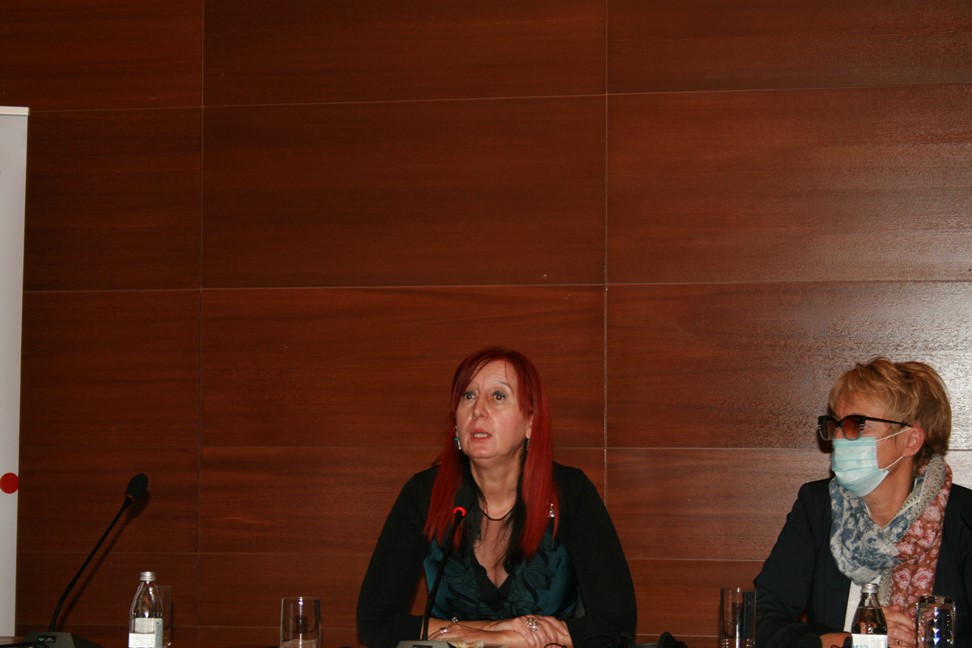
During the final panel, the project partners talked about the achievements within the project, about the recommendations for further practice but also the change of public policies, as well as about the plans for further activities in this area. Within this panel, Tatjana Prijić, a representative of the Office of the Commissioner for Protection of Equality, also spoke about the permanent cooperation with the Red Cross of Serbia and the important joint work on protecting older women from violence that will not stop with the end of the project.
Anna Scheithauer from the Austrian Red Cross spoke about the results of the project in Austria, and, in addition to qualitative research and campaigns (film, brochures), it is important to point out that the online training created in the project has been made available worldwide through the International Federation of Red Cross and Red Crescent Societies.
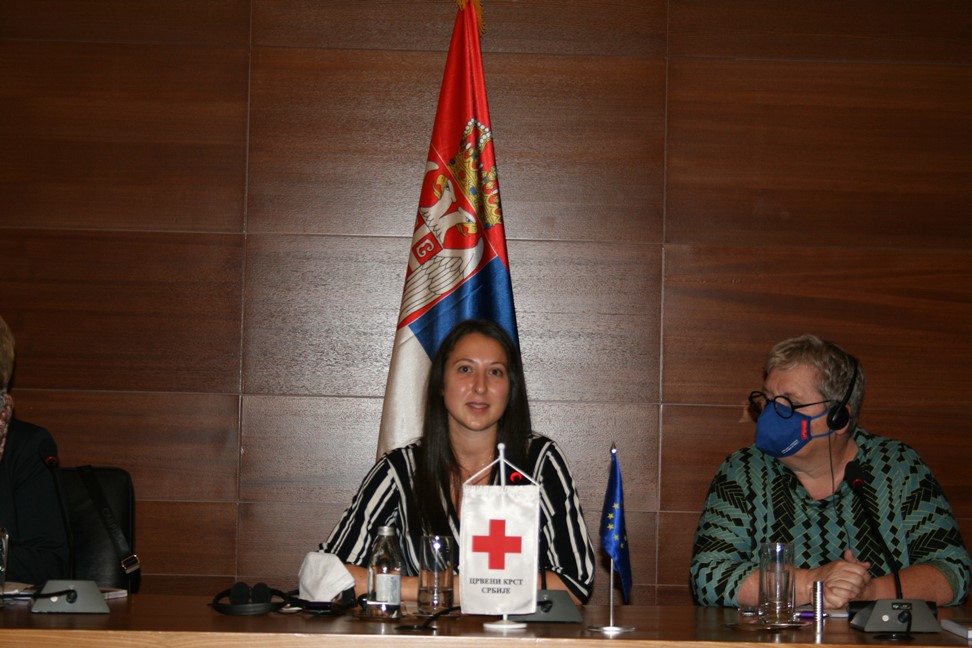
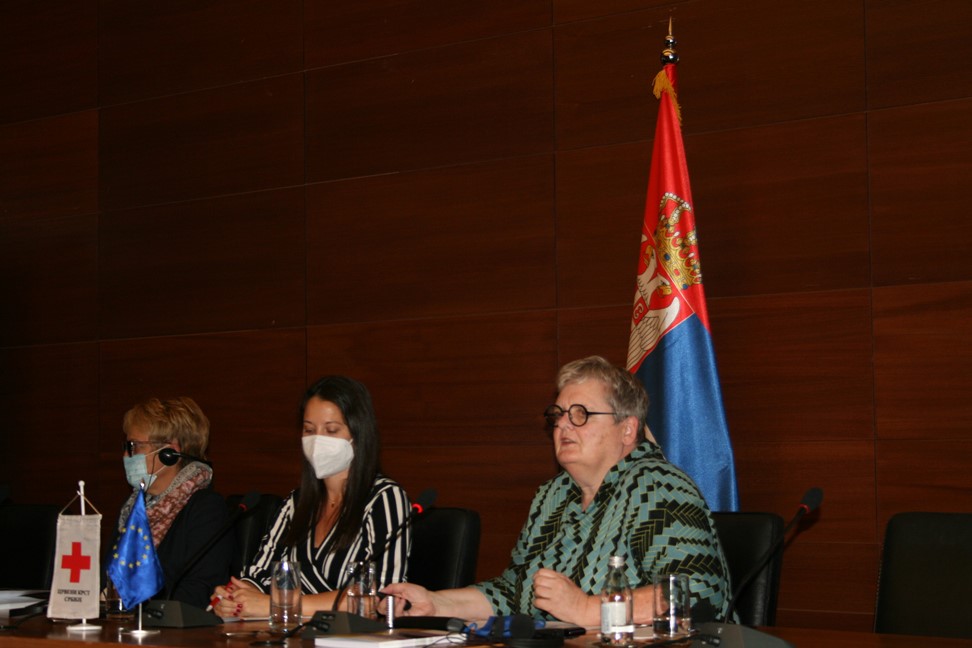
Birgitt Haller, a representative of the Austrian Institute for Conflict Research, spoke about the evaluation of the project in Austria and pointed out how much has been achieved through these activities.
Nataša Todorović presented the results and recommendations of the Red Cross of Serbia: during these two years, a qualitative survey with 157 women from across Serbia was done through focus groups, and the quantitative part of research used data from the survey on safety and well-being of women in the southeast and Eastern Europe, which was conducted in 2018 with the support of the OSCE Mission to Serbia. This research established that in Serbia, 16% of women aged 65 to 74 experienced some form of violence after reaching the age of 65. The project also included advocacy activities: educating over 220 older women, branding public transport vehicles in five cities in Serbia, broadcasting the video "Open Your Eyes" in 22 post offices across the country, as well as an exhibition of photographs in the pedestrian zone in Knez Mihailova street to mark the 15 of June 2021, World Elder Abuse Awareness Day. The social networks Instagram, Facebook and Twitter were also used. It is estimated that the photo exhibition in Knez Mihailova Street was seen by 45,000 people. The campaign teaser on Instagram reached 38,573 users, on Facebook that number is 45,688 users, and the film was seen by 127,061 users. Public transport: 1,319,000 people had contact with the posters during the 15 days of the campaign. The conference was attended by 116 people, of which 70 participants followed the conference live, and 46 followed online.
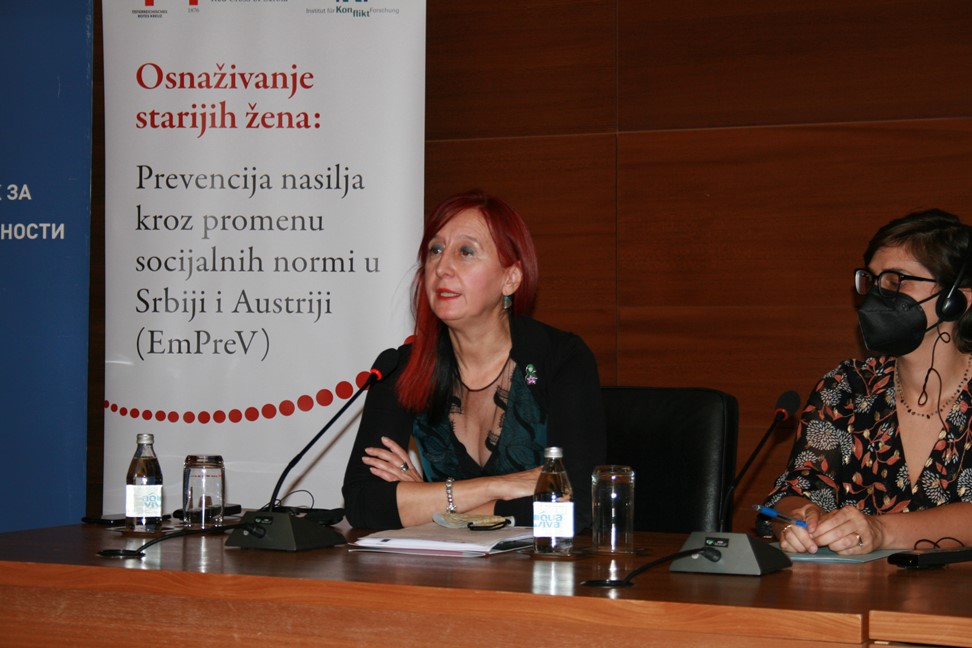
The key messages of the project and the conference to improve the protection of older women from violence relate to improving the legal framework to identify specific risks and prevent violence, improve access to services for older women, improve access to institutions, independent bodies and legal aid, better cooperation between different institutions but also more precisely defined protocols for dealing with cases of reported violence, which will provide older women with faster and more meaningful support, work with perpetrators, education of professionals, the media and the general public.
